
The urologist at Dana-Farber Cancer Institute/Brigham and Women’s Cancer Center spoke about the impact of a decline in cancer screening tests being performed during the first wave of the pandemic.

Your AI-Trained Oncology Knowledge Connection!

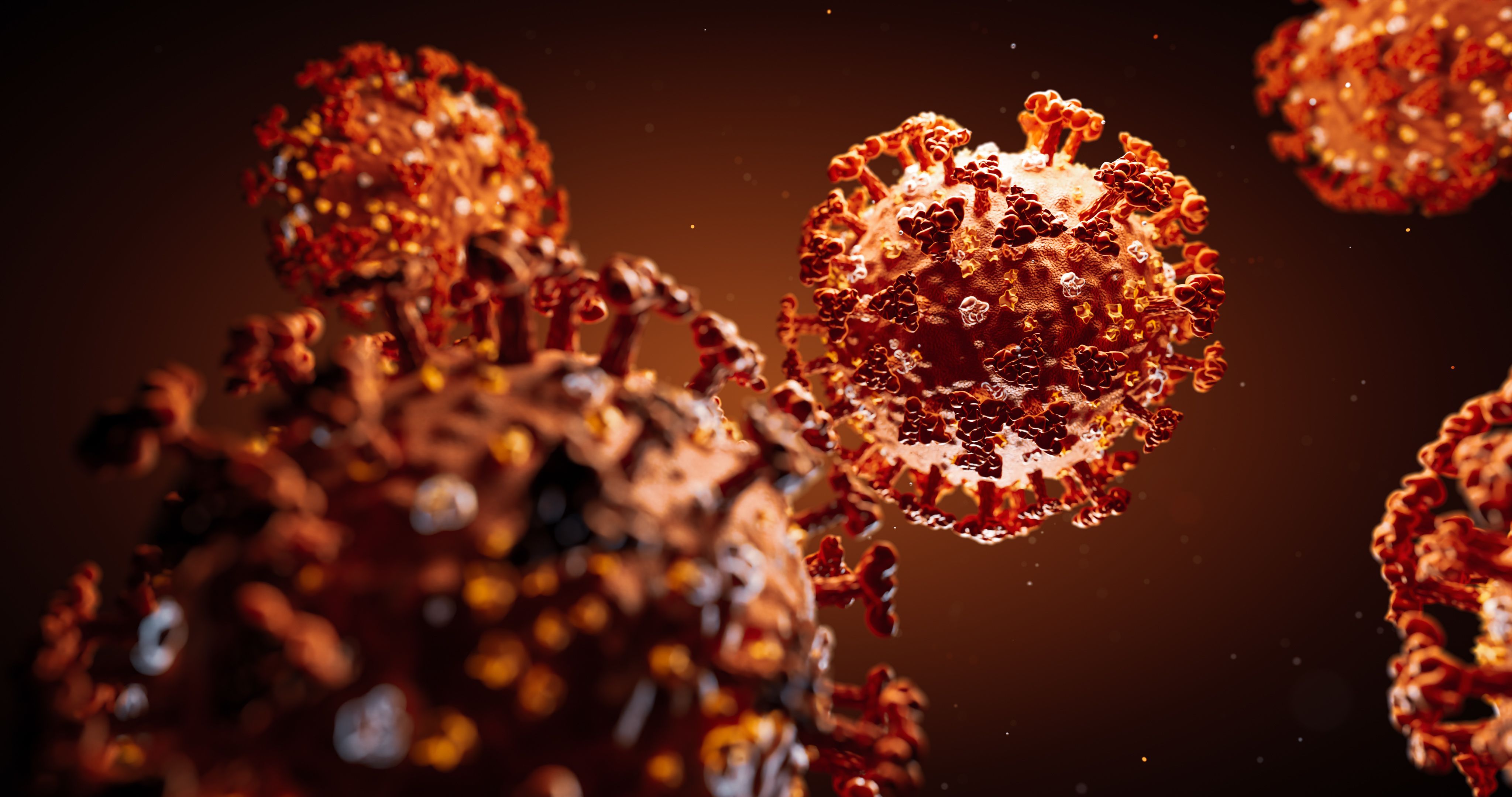

The urologist at Dana-Farber Cancer Institute/Brigham and Women’s Cancer Center spoke about the impact of a decline in cancer screening tests being performed during the first wave of the pandemic.

Bellicum Pharmaceuticals, the developer of BPX-601, can now begin enrolling patients to their phase 1/2 trial again without modification to the study protocol.

The phase 3 RATIONALE 302 trial demonstrated that compared to chemotherapy, tislelizumab showed a statistically significant and clinically meaningful improvement in overall survival in the intention-to-treat population of patients with advanced or metastatic esophageal squamous cell carcinoma.
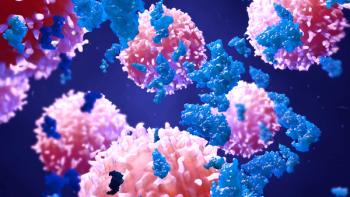
The increasing use of checkpoint inhibitors and other immunotherapies has created a need for the development of a cohesive education program and list of guidelines for treating common toxicities.

The Breast Cancer Index assay is the only of its kind to be recommended in the National Comprehensive Cancer Network Guidelines for the treatment of breast cancer as being predictive of extended adjuvant endocrine therapy.

Though the majority of immune-related adverse events (irAEs) can be managed with corticosteroids and other immunosuppressive treatments, life-threatening and sometimes fatal events have still been reported thus revealing a need to develop measures for effective management.

Merus announced that their bispecific antibody was granted fast track designation by the FDA for treating NRG1 fusion–positive solid tumors.
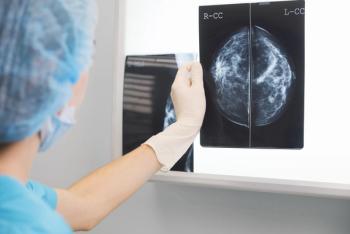
Digital breast tomosynthesis plus synthetic mammography depicted more cancers and found a lower number of stage II cancers at repeat screening compared with FFDM.
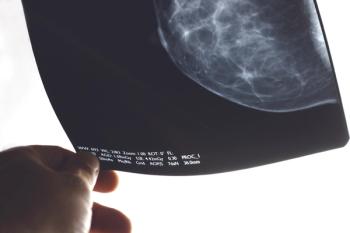
This study demonstrated that the concurrent use of this new artificial intelligence tool alongside mammography improved the diagnostic performance of radiologists in the detection of breast cancer without prolonging their workflow.
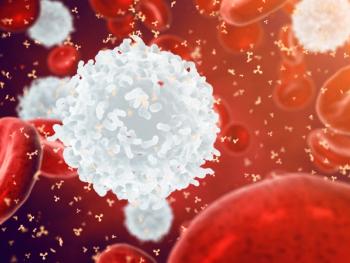
Idecabtagene vicleucel yielded a clinically meaningful improvements in the quality-of-life of triple-class exposed patients with relapsed/refractory multiple myeloma.
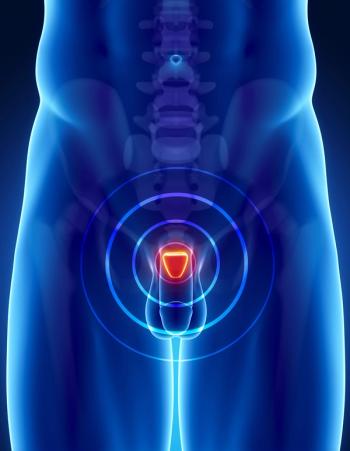
The last 5 years in prostate cancer have seen exponential growth for the field of biomarkers. Specifically, not only do guidelines that now incorporate many biomarkers offer guidance on how to treat these patients, but they can also assess the potential for developing prostate cancer.
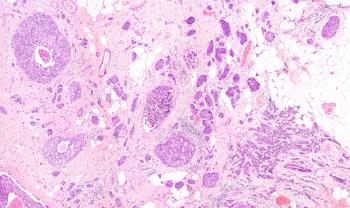
This study found that abbreviated breast magnetic resonance imaging as a supplemental screening test in women with dense breasts shows an increase in cancer detection over digital breast tomosynthesis screening.

The results demonstrated preliminary evidence of monotherapy activity, encouraging efficacy in combination with the PD-1 checkpoint inhibitor pembrolizumab (Keytruda), and biomarker data supporting FLX475’s mechanism of action.

The expert in breast imaging spoke about the latest in breast imaging and the new technologies that are helping to advance the field.

The expert in breast imaging spoke about the use of the technology, and why it is more effective than traditional mammograms.

Results from NCI-MATCH support the feasibility and efficiency of using next-generation sequencing (NGS) to triage patients to investigational therapy, provided that a sufficiently large pool of agents is made available.
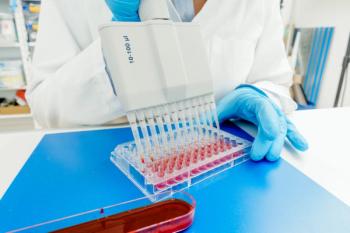
New research from NCI-MATCH support the feasibility and efficiency of using next-generation sequencing (NGS) to triage patients to investigational therapy, given that a sufficiently large pool of agents is provided.

The researchers hypothesized “that serum PD-L1 may identify a subgroup of patients with HER2-positive [metastatic breast cancer] who may benefit the most from the addition of novel immunotherapies to trastuzumab.”

With today being National Mammography Day, here are the latest updates in mammography research.

Research suggested that limited English-language proficiency is a risk factor for getting potentially lifesaving screening mammograms less often.
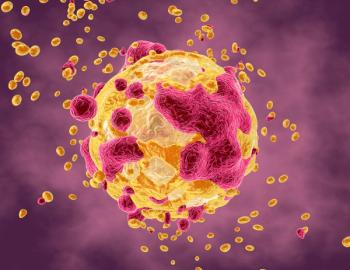
Researchers suggested these findings may assist in better selection and prioritization of immune checkpoint inhibitor agents for testing in randomized clinical trials based on phase 2 single arm randomized clinical trial results.

This study found that the addition of immunotherapy to radiotherapy was associated with improved overall survival compared with radiotherapy alone in patients with brain metastases who received definitive surgery of the primary tumor site.

The FDA granted fast track designation to the novel “switchable” CAR-T cell therapy known as CLBR001 + SWI019 for the treatment of B-cell malignancies.

xCures recently announced that the FDA granted its IND immediate Expanded Access Program for the ERK inhibitor ulixertinib to treat patients with MAPK pathway aberrant cancer.

This study found that among clinical trials in which patients with non-small cell lung cancer were treated with atezolizumab, multiorgan immune-related adverse events were reported in 5.4%.